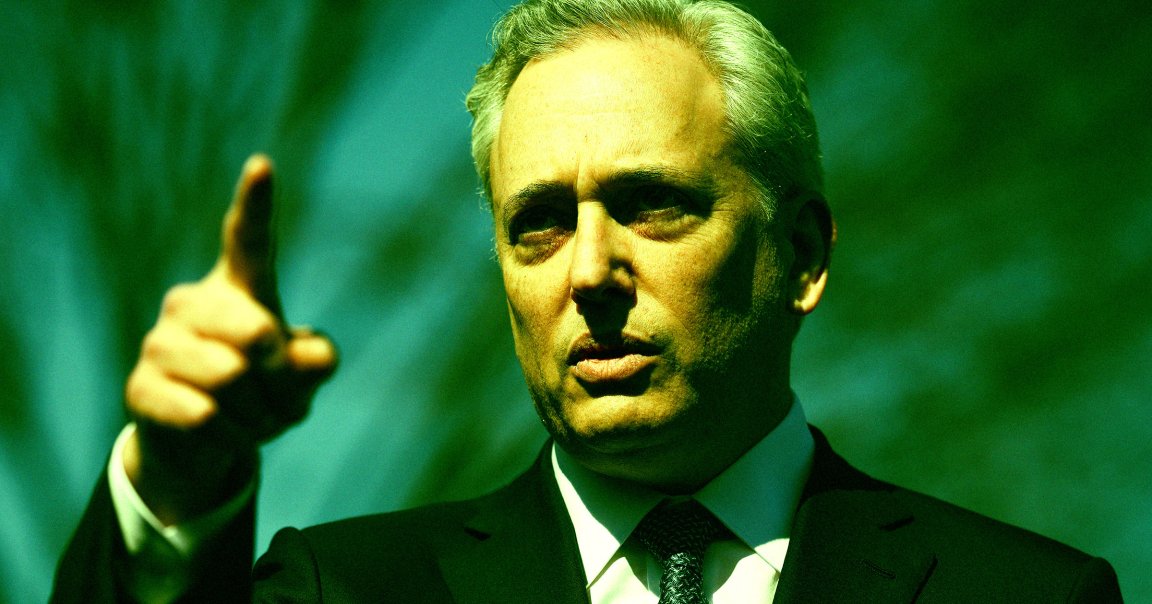
During the Wall Street Journal‘s Tech Live conference on Wednesday, OpenAI chief financial officer Sarah Friar hinted at the possibility that the government could “backstop the guarantee that allows the financing to happen” as the AI industry continues to take on even more debt.
Friar regretted her comment almost immediately, clarifying in a subsequent post on LinkedIn that “OpenAI is not seeking a government backstop for our infrastructure commitments.”
The suggestion clearly caused immense chagrin to OpenAI’s leadership; even CEO Sam Altman emerged to put out the fire, tweeting that “we do not have or want government guarantees for OpenAI data centers.”
Yet the damage was already done, exacerbating an already testy stock market. Ongoing fears over an AI bubble triggered a major tech selloff earlier this week — and reassurances by president Donald Trump’s “AI czar” David Sacks that there will be “no federal bailout for AI” haven’t helped.
Shares of AI chipmaker Nvidia are continuing their tumble, sliding nearly four percent in early trading on Friday. The company’s shares are down over 13 percent so far this week; AI software giant Palantir was hit even harder, currently down over 16 percent so far this week.
And if the AI bubble really does burst — a calamity that some experts worry could take the entire US economy with it — the Trump administration is saying that the government wouldn’t intervene. That’s despite the White House being extremely amenable to the industry’s needs, with the president going as far announcing a $500 billion AI infrastructure initiative, dubbed Stargate, earlier this year.
In a tweet, Sacks clarified that competition would sort out any such eventuality, arguing that the US “has at least five major frontier model companies. If one fails, others will take its place.”
At the same time, Sacks said that “we do want to make permitting and power generation easier” in a followup. “The goal is rapid infrastructure buildout without increasing residential rates for electricity.”
Altman, Friar, and Sacks’ coordinated efforts to extinguish the fire that the CFO’s “backstop” comments ignited highlight an AI industry in a precarious state.
Even before Friar’s comments on Wednesday, investors had become concerned that AI industry stalwarts, like Nvidia and Palantir, may be grossly overvalued, with analysts predicting a correction following months of soaring valuations.
What the situation looks like for OpenAI, which, according to Friar, isn’t looking to go public any time soon, remains far more murky.
In his latest tweet, Altman argued that “we expect to end this year above $20 billion in annualized revenue run rate and grow to hundreds of billion by 2030.” That’s despite “looking at commitments of about $1.4 trillion over the next 8 years.”
In other words, OpenAI would have to massively grow its current revenue — just to afford soaring debt payments in the coming years without any government assistance.
More on OpenAI: OpenAI’s Browser Avoids Large Part of the Web Like the Plague